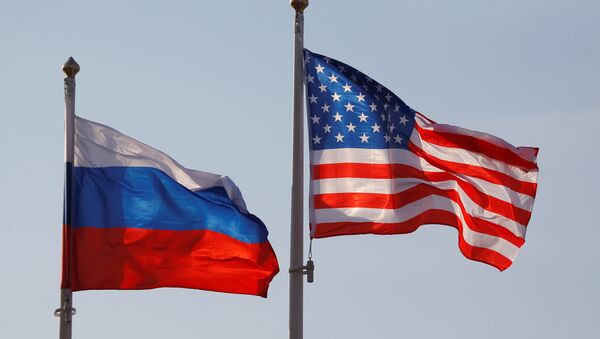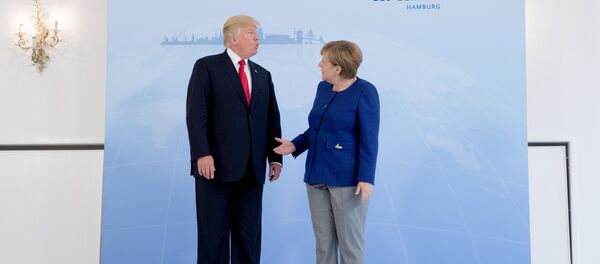US Ambassador to Russia John Tefft expressed his strong disappointment and protest over the countermeasures, the US embassy in Moscow said later in the day.
However, Moscow’s actions had been restrained and minimal, Ohio State University Professor Emeritus of International Law John Quigley told Sputnik.
"The Russian measures are quite minimal in comparison to the measures the United States has taken with the closing of Russian facilities last winter and the new Congressionally-imposed sanctions," he said.
Quigley said he was not concerned that the US government would retaliate against the Russian measures or that the diplomatic row would escalate.
"I don’t expect that the United States will consider it needs to take any additional measures," he said.
However, Quigley acknowledged that the new measures announced in Moscow indicated that President Vladimir Putin had concluded there was nothing further to be gained from ignoring Washington’s provocations in the hope that relations were going to get better.
"Russia apparently has lost its hope for better relations with the new US Administration," he explained.
President Donald Trump remained under intense political pressure in Russia to avoid trying to improve relations with Russia as he battled allegations of collusion with Moscow officials during the 2016 election campaign, Quigley noted.
The Russian government has denied all accusations that it intervened on Trump’s behalf to try to influence the US election.
"The current investigations into the election campaign are putting pressure on President Trump to show that he is not on overly friendly terms with Russia," Quigley said.
George Mason University School of Law Professor Francis Buckley agreed that Russia had to respond to the sweeping new economic sanctions approved by the House of Representatives last Monday by a vote of 419 to three.
However, Buckley said that the Kremlin had taken minimal measures to avoid making relations worse.
US policymakers and analysts needed to stay calm and focused on substantive dialogue and negotiation with Moscow and avoid getting sucked into heated language, Buckley advised.
"Ignore the rhetoric," he said.
However, Trump as US president still had the primary responsibility to avoid worsening relations with Russia and to seek measured and constructive communication and progress on important issues, Buckley pointed out.
"The ball in in Trump’s court to bring some sanity to this," he remarked.



